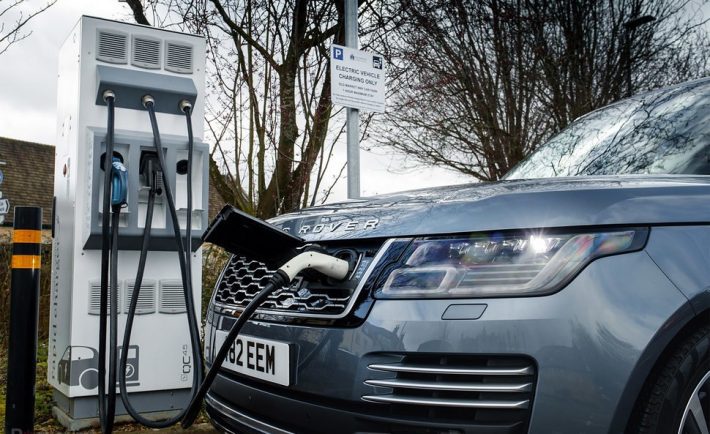The electric car bandwagon has gained more passengers in recent years but is now a good time to invest in an EV? Or are electric vehicles still a thing of the future? There are a number of factors which have spurred on the popularity of EVs such as the COP 26 dedication to reducing climate change, the looming diesel ban 2030 and the improved range and technology within electric cars. Could 2022 be the year you join the EV revolution? Let’s find out.
What are electric cars?

Electric vehicles are simply a vehicle that is powered by an electric motor. The electric motor replaces a traditional combustion engine. The electric motor is fueled by a rechargeable electric battery which can be charged from the UK electricity grid. The electric motor turns the wheels and also powers other functions such as the lights, radio, and climate control. Hybrid cars are similar to electric cars, but they split their power between a smaller electric mother and either a petrol or diesel engine. A traditional hybrid can’t charge its own battery but instead charges through regenerative braking and the internal combustion engine. Plug in hybrids however can charge the battery just like a fully electric vehicle at designated charging points.
Benefits of owning an electric car

There are a number of benefits to yourself, those around you and to the environment when purchasing an EV.
- Environmental impact
One of the biggest benefits of owning an electric vehicle is the impact that they have on the environment. Fully electric vehicles don’t emit any harmful emissions which contribute to more greenhouse’s gases in the air. Less greenhouses gasses in the environment can drastically reduce the rate of climate change.
- Reduce your carbon footprint
Your carbon footprint is the amount of greenhouse gases that are generated by your own personal actions. Switching to an EV can help to reduce your carbon footprint and improve air quality and also human health.
- More affordable
Electric vehicles can be more expensive to buy than other options but there are a number of ways in which you can reduce the cost. You could take advantage of the elective vehicle grant of up to £1,500 supplied by the UK government or spread into monthly payments with electric cars on finance deals.
- Lower running costs
Electric cars can be cheaper to run than petrol or diesel alternatives. There’s no need to spend money on fuel but instead you can charge your EV at a much lower rate. Many electric cars can be fully charged for as little as a few pounds each day!
- Better driving experience
With an electric battery, the power is directed straight to the wheels which makes EVs much more responsive. They also tend to have lower centre of gravity which can improve safety, comfort, and road handling.
Should you buy an electric car now?
Whether you’re ready for an electric car now or not can depend on a number of factors which relate to your personal circumstances.
- Budget. You can spread the cost of owning an electric car, but they can be much more expensive the other alternatives. If you have the budget for an electric car, it might be a no brainer to invest in one now. However, if you aren’t ready to fully commit to electric, you could consider some of the best low emission cars on the market now which can be much lower in cost.
- Driving range. Many people are put off the idea of electric cars as they can’t perform for as long as petrol or diesel alternatives. The driving range of electric vehicles has improved massively in the past few years though. If you regularly drive shorter commutes around the city, an electric car could be perfect for you.
- Charging point locations. You can have the option to have a home charging point installed to charge your EV. However, for some people, an at home charger isn’t an option. They will then have to rely on public charging points instead which can be an inconvenience.